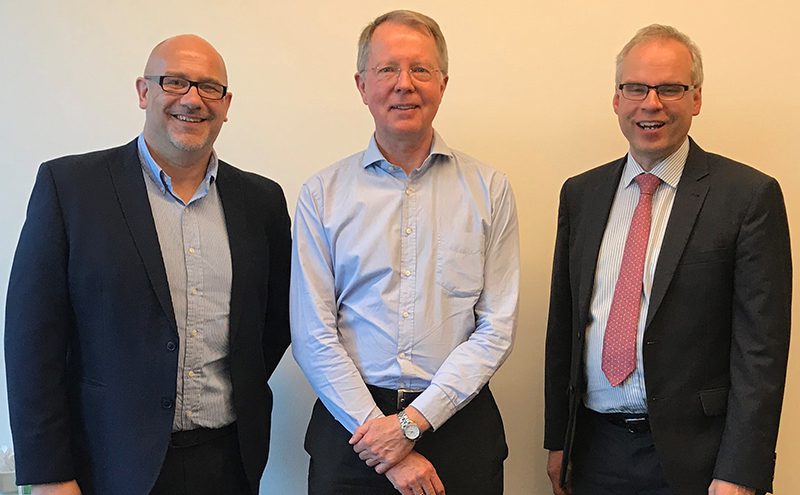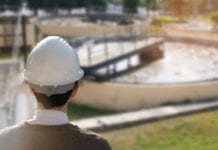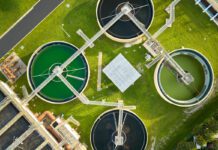
Modern Water has entered into an important new collaboration agreement with WEC Projects of Johannesburg to promote its innovative and proprietary All-Membrane Brine Concentration (AMBC) technology throughout Africa.
Speaking for WEC Projects, who are a leading South African Engineering, Procurement and Construction (EPC) contractor in the water and wastewater treatment sector, CEO Wayne Taljaard commented:
“Host to numerous industry sectors, Southern Africa in particular is a potentially large market for AMBC since the region is increasingly subject to strict water treatment regulations brought on by a severe water shortage.
“Modern Water’s proprietary brine concentrator is an innovative solution capable of reducing wastewater treatment requirements and maximising clean-water reuse in a wide range of industrial applications, including mining, power, oil & gas and desalination plants”.
Simon Humphrey, Modern Water’s CEO, added: “In WEC Projects we are glad to have found such a superb partner to promote our AMBC, which complements our excellent new partnerships in India with Advent Envirocare and with Sunup in China. Our AMBC technology is in strong demand because it delivers a step-change in performance, significantly reducing operating costs.”
Modern Water’s advanced technology allows customers to achieve higher brine concentrations than traditional membrane techniques. AMBC significantly reduces the wastewater volume required for the subsequent brine crystalliser treatment. This innovative technology addresses the corrosive and sediment-forming effects of salts and toxicity of other chemicals diluted in brine, which is a by-product of many industrial processes and can pose a serious environmental hazard.
Technologies for the treatment of polluted brine include evaporation processes, such as brine concentrators, as well as crystallizers employing mechanical vapour recompression and steam. Traditional brine treatment, from recycling to Zero Liquid Discharge (ZLD) methods, is typically complex and multi-stage, representing a major cost to businesses.







